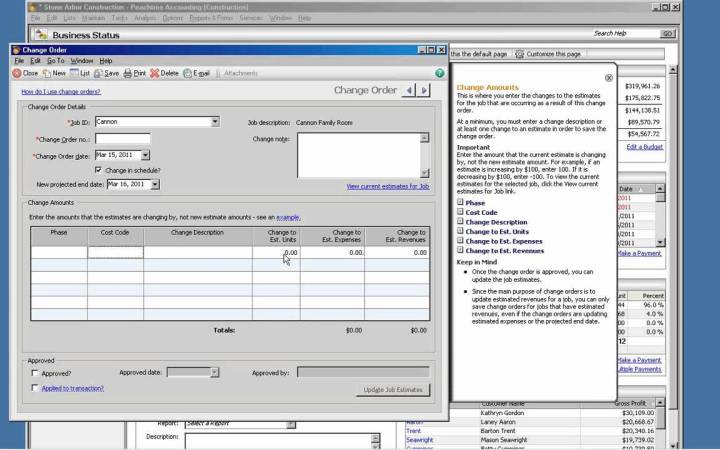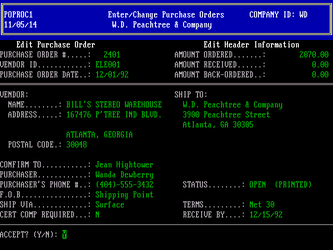

"It's not to say something's not better than nothing, but ultimately, the viruses that are going to cause real damage are going to get through."īrand-new PCs are often ridden with viruses from the start when vendors install pirated, infected copies of Windows – Khokhar estimates that around a third of pirated software is already infected. "Writing antivirus software is a fairly brain-intensive task, and AVG just don't have the resources," Khokhar says. Without special pricing, poor countries are forced to rely on free antivirus products, such as AVG. An annual licence of £30 per user per year can get pretty daunting when you've got 1,000 users." "For Africa, the cost of AV is pretty damn high. "The fundamental problem is that institutions in much of the developing world cannot afford the antivirus protection that those in richer countries can," he says. That hits the nail on the head, agrees Tim Unwin, the Unesco chair of ICT4D, an IT development collective at Royal Holloway, University of London. "We are installing free antivirus but the behaviour of the virus is changing time … and developing countries lack money to buy licensed antivirus like Symantec." "Viruses are our enemy," says Debebe Fikreselassie, the head of ICT at the Benishangul-Gumuz bureau where Mercer is a VSO volunteer. "It's a major reduction in productivity and efficiency." "PCs that were bought with limited funds or donated sit collecting dust in the corner of the room because they have been devastated by viruses," says André Mohamed, an IT professional in Ethiopia.


The result: funding applications delayed, small businesses hurt, and hours wasted. Viruses spontaneously reboot computers, destroy vital data, and clog Ethiopia's already severely pinched internet connection (it is not unusual to wait 10 minutes to access a single web page). "All organisations and individuals are affected by them." "Viruses are pretty endemic," says Brown.

Even the Congress of South African Trade Unions found in May that its website was spreading viruses to visitors. Jeremy Brown, an IT consultant in Cameroon, says that one client was operating with more than 200 infected files, drastically slowing down its PCs, corrupting confidential information and exposing it over the internet. Mercer tells of an agriculture bureau employee who lost the multi-year plan for agricultural improvements for the Benishangul-Gumuz region, Ethiopia's fourth poorest area. The cost is hard to measure, but ask IT consultants and development workers about the impact, and the stories pour out. This compares to around 30% in the UK, according to Panda Security. "It wouldn't be unreasonable to say 80% of all computers you find in Africa will have some nastiness on them," says Tariq Khokhar, the chief development officer of Aptivate, a non-governmental organisation that focuses on IT.


 0 kommentar(er)
0 kommentar(er)
